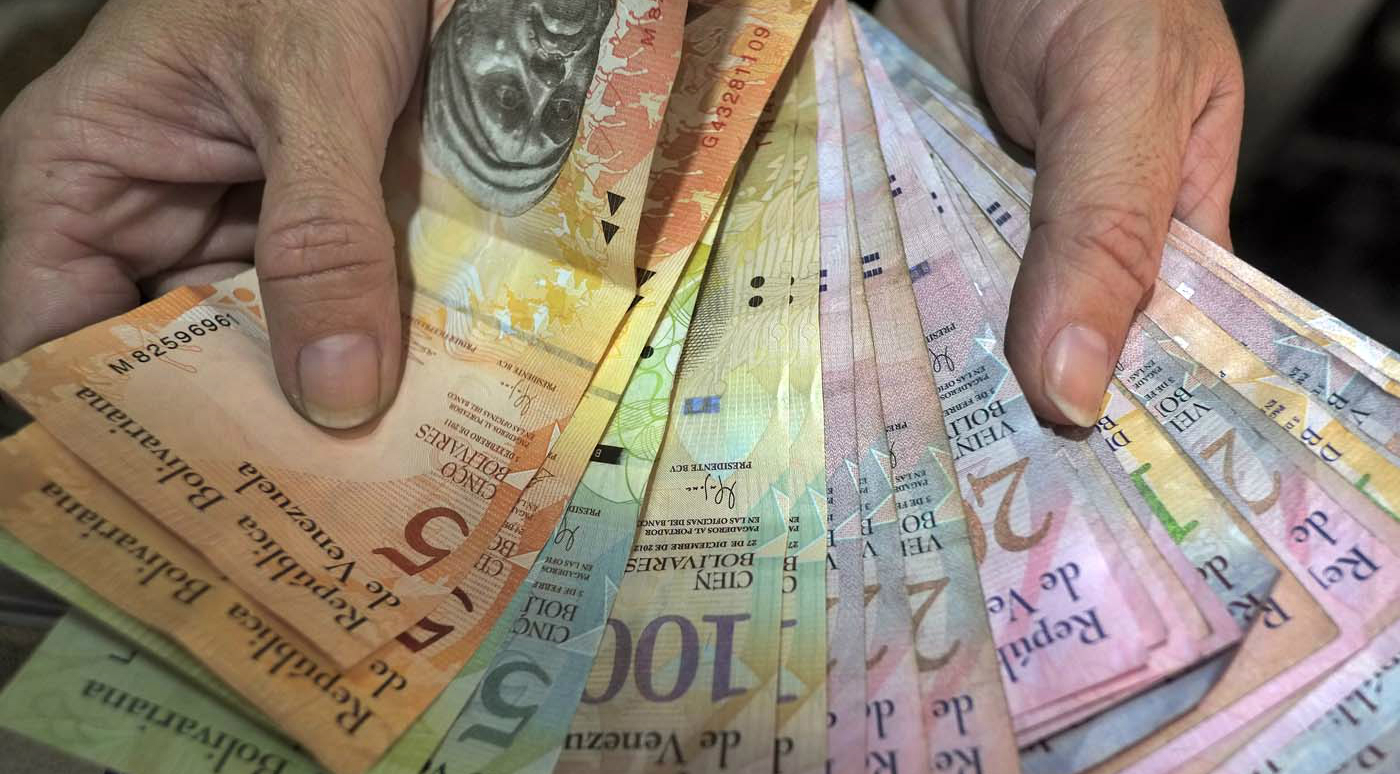Can Venezuela overcome the crisis in 2018?

The answer would have to be yes. Everything can happen. History is full of "black swans" that have generated changes that were not expected. But to the possibilities we must always face the odds.
Unlike the view of those who think that the exacerbation of the economic crisis, seasoned by sanctions and international isolation, will generate the exit conditions of the government, opening options for a modernizing change, my opinion is that the stronger the deterioration, the more primitive the economy and more autocratic the government, the likelihood of its permanence in power is amplified, as the risk of the country falling into a more deplorable condition increases.
The primitivization produced by the interventionist and controlling model has been accompanied by an increase in the social control of the government and the amplification of the dependence of the people on the same actor that impoverishes it. Although the crisis is very severe, social policies have grown in terms of penetration. The program of distribution of cheap food through the CLAP's reached 73% of the people in December 2017 and the distribution, now vital for an impoverished Venezuelan, is conditioned to "good" behavior. The government has monitors in the communal councils. They decide who receives the subsidy and who does not, reducing the stimuli to protest and participation for fear of losing the only thing they have in hand. The failure of the street actions at the beginning of last year has to do with the absence of massive participation of the poor strata in their own areas and the result has been frustration and discouragement.
With diminished street pressure and fractured opposition, its bargaining power was dependent on the action of the international community, a factor that is often necessary and important, but never sufficient. Indeed, the US made decisions in that regard by presenting a set of sanctions, while Europe is entering the same route, linking personal sanctions to the agreements (or disagreements) of the negotiations in Santo Domingo. The government seems to have accused the coup and tries to give in some partial issues (CNE, date of the elections, political prisoners) to wash the face and reduce the impact of the sanctions, but the chances of this producing a really competitive election and the invalidation of the National Constituent Assembly (its center of absolute power) look low. The government could be willing to make cessions of many things ... less than his head.
We do not see at this moment a clear exit to the crisis. The probability of negotiated solution is low and the radical still lower. Could it be different from what was described? Yes, but that requires the strengthening and unification of the opposition leadership (very affected by the unequal, dangerous and unjust struggle that it has had to wage internally) and international action would have to be directed to raise the bargaining power of that formal opposition to pressure changes in government behavior, which can then be used for the gradual recovery of balances. No matter how much is desired, the likelihood of an immediate change of government seems unfeasible. The options are more linked to opening gaps that become more and more dangerous to the government in the future, while the opposition obtains mechanisms to reduce the exit cost of its own adversary, because without it there will be no possible or stable change.
This analysis has nothing to do with what I would like to see in my country today, but as the song says: "this is what there is".